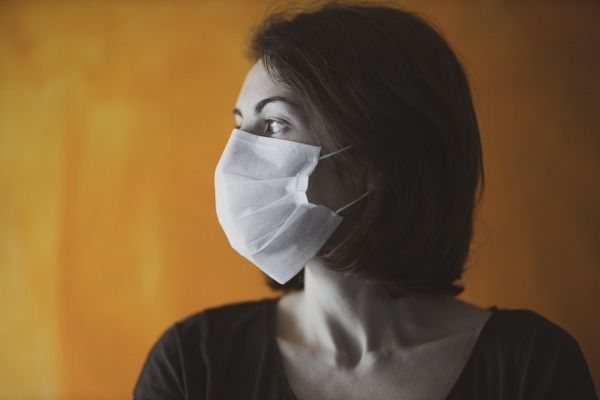New research from the University of Central Florida has identified physiological features that could make people super-spreaders of viruses such as COVID-19.
In a study appearing this month in the journal Physics of Fluids, researchers in UCF’s Department of Mechanical and Aerospace Engineering used computer-generated models to numerically simulate sneezes in different types of people and determine associations between people’s physiological features and how far their sneeze droplets travel and linger in the air.
They found that people’s features, like a stopped-up nose or a full set of teeth, could increase their potential to spread viruses by affecting how far droplets travel when they sneeze.
According to the U.S. Centers for Disease Control and Prevention, the main way people are infected by the virus that causes COVID-19 is through exposure to respiratory droplets, such as from sneezes and coughs that are carrying infectious virus.
Read more at University of Central Florida
Photo Credit: Engin_Akyurt via Pixabay


